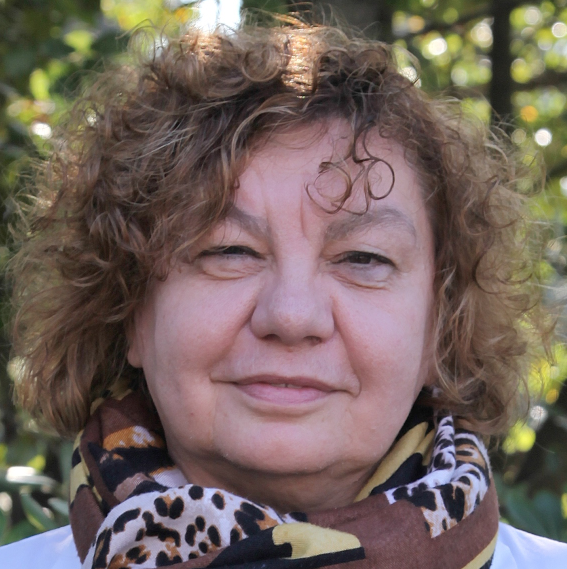Introduction
The research activities of the Laboratory of Oncology Research and Functional Genomics are aimed at a greater knowledge of the biology of musculoskeletal tumors in order to obtain useful information for optimizing clinical treatments in patients affected by bone or soft tissue tumors.
The description of the Laboratory is available in the following document (Laboratory guide)
The Laboratory is part of national and international networks:
1. Alleanza contro il Cancro – WG Sarcomi e WG Tumori Muscoloscheletrici, ACC
2. Italian Sarcoma Group, ISG
3. Associazione Italiana di Colture Cellulari, AICC
4. Innovative Therapies for Children with Cancer, ITCC
5. Euro Ewing Consortium, EEC
6. Foster Consortium (Fight OsteoSarcoma Through European Research)
7. European Reference Network for rare or low prevalence complex diseases – Adult Cancer (ERN EURACAN)
The Laboratory of Experimental Oncology carries out its activity in close collaboration with the Institute's mainly oncological clinical realities, first of all the Orthopedic and Traumatology Clinic III with a mainly oncological focus, Osteoncology, bone and soft tissue sarcomas , and Innovative Therapies, Anatomy and Pathological Histology, Vertebral Surgery as well as with the Laboratory of Immunology and Metastasis Biology, University of Bologna (Resp. Prof. PL Lollini) as regards in vivo preclinical studies.
Dr. Katia Scotlandi is co-coordinator of the Oncological Research Line of the Rizzoli Orthopedic Institute. The updated list of scientific publications can be found at the following link.
In addition to the structured staff, trainees (research doctorate students, scholarship recipients) and students of the University of Bologna are part of the Experimental Oncology Laboratory to complete their studies and specialization courses.
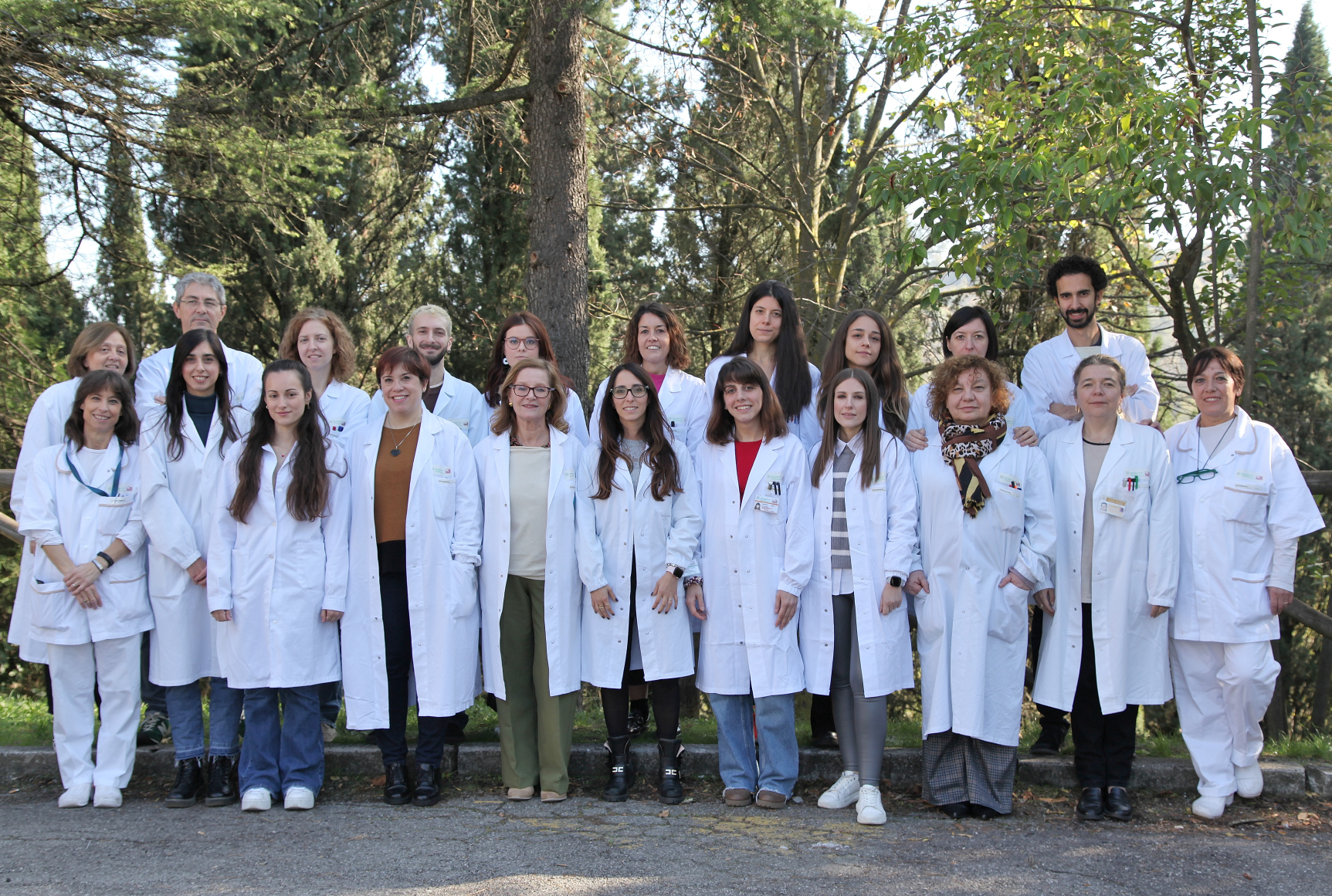
Scientific activity
In particular, the laboratory organizes its activity according to various thematic and technical areas which can be summarized as follows:
1. Genetic profiling of bone tumors as a preparatory activity for the design of personalized therapies. Genetic analyzes can concern both experimental models and tissue samples and blood samples, with a view to identifying biomarkers that can facilitate disease monitoring by predicting its possible progression in advance of conventional diagnostic methods. Thanks to the application of next-generation sequencing, quantitative and digital PCR techniques, as well as the more conventional quantitative PCR, it is possible to carry out broad-spectrum analyzes for the detection of both mutations that may be associated with the use of specific drugs, and alterations in gene expression, as well as alterations in the processes of epigenetic regulation of gene expression. Particular attention is paid to the analysis of genetic alterations affecting the single cell, both as regards circulating tumor cells and for specific cellular context analyzes in archival samples, thanks to the application of the latest generation technology. This activity has a strong translational impact and therefore there is close collaboration with the departments within Rizzoli, including the Orthopedic and Traumatology Clinic III, the Osteo-Oncology Department, the Pathological Anatomy Department.
2. Development of new preclinical models for bone sarcomas able to validate genetic studies and to allow functional studies able to deepen the mechanisms of action of the genes of interest. The laboratory has worked actively in recent years to obtain experimental models deriving from patient-derived xenografts, in collaboration with the University of Bologna. These models reflect the genetic and biological characteristics of the tumor of origin and therefore allow functional and pharmacological studies of greater value than traditional models. This activity also includes the development of 3D models, in particular models capable of recreating the structure of bone tissue.
3. Study of the interaction between tumor cell and bone microenvironment. It is known that tumor cells interact with the normal cells of the surrounding microenvironment, being conditioned by them through stimuli that activate and/or inhibit the tumor process. There is therefore a constant cross-talk between the numerous and different cells that make up the tumor microenvironment. The activity of the laboratory has mainly focused on the interaction between tumor cells and macrophages both in basal conditions and after treatment with drugs capable of damaging DNA. DNA fragments can in fact activate signaling pathways both in the tumor cell and in the surrounding cells which in turn can induce inflammatory responses with a function often dual with respect to the growth of the tumor cells themselves. In recent years, the laboratory has also worked actively in the field of exosomes, small microvesicles containing nucleic acids and proteins that are released by cells and are able to modify the signaling pathways in recipient cells, thus resulting in all respects powerful means communication between different cell populations. This activity has led to the filing of a patent as a potential therapeutic modality in the context of Ewing's sarcoma.
4. Evaluation of epigenetic mediators of relevance in bone sarcomas and efficacy of drugs with an impact on the epigenetic regulation of gene expression as a basis for the design of differentiating therapies. Bone sarcomas are characterized by great genetic heterogeneity and epigenetic mechanisms have great relevance in regulating the malignancy of these tumors. The field is very broad and includes many different mediators. The activity of the laboratory is in this phase focused on RNA-binding proteins, miRNAs and on membrane fluidity regulators and on the study of their impact on the processes of proliferation, differentiation and metastasis.
Attachments
Documents and videos about the ward/service
Documents and videos about the laboratory
Staff
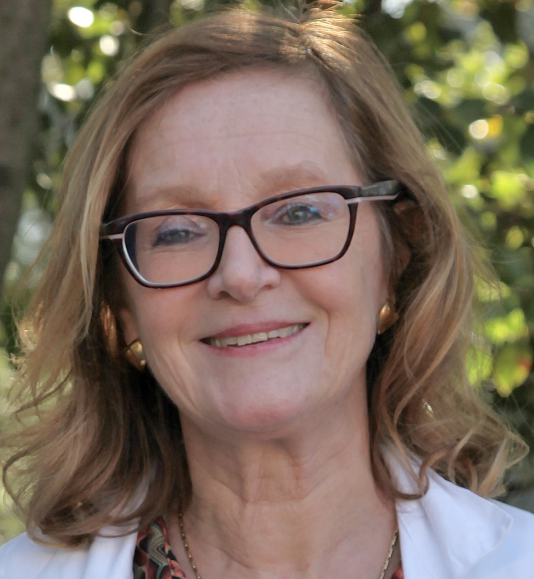
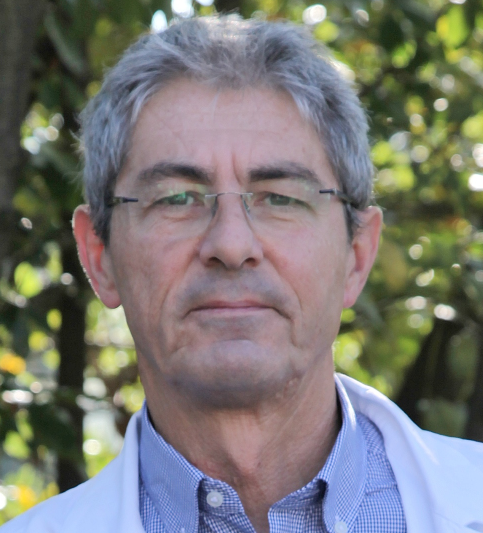
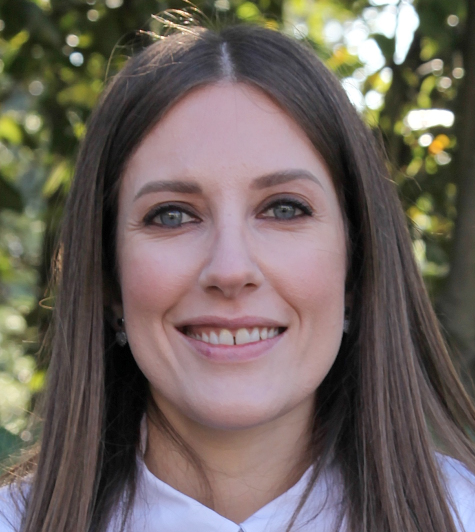
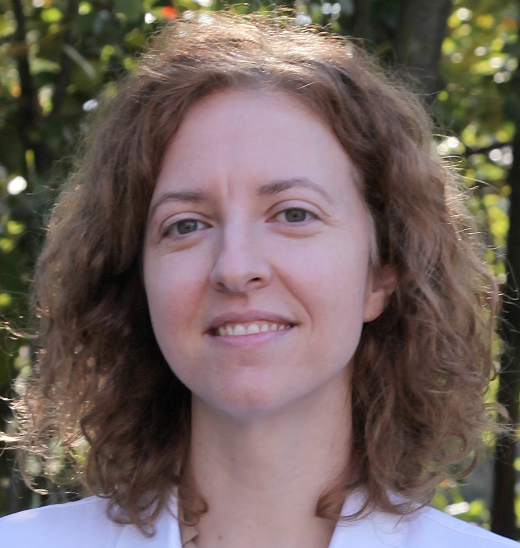
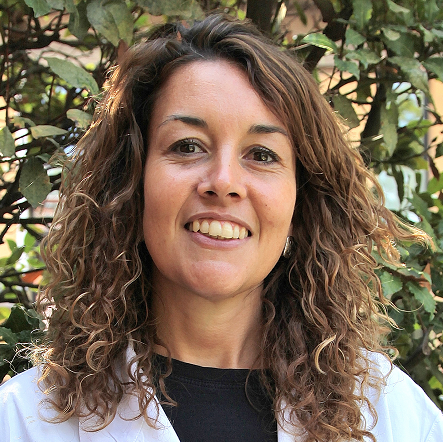
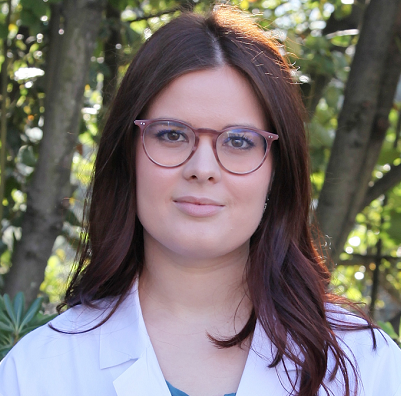
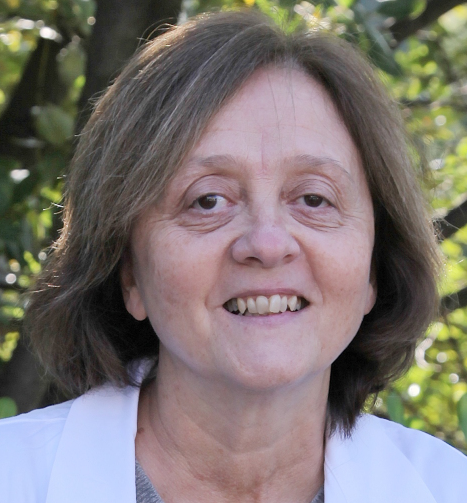
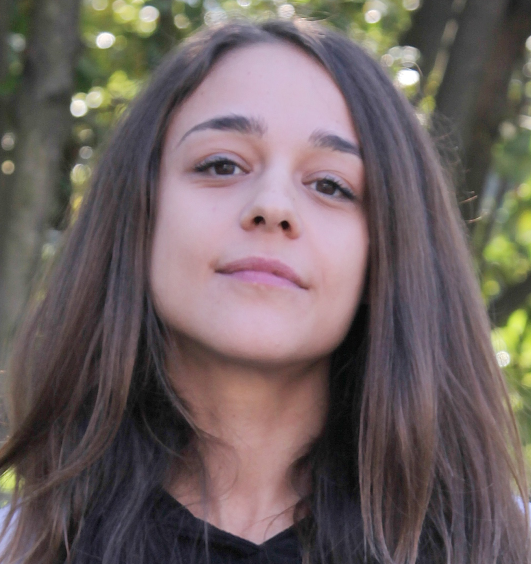
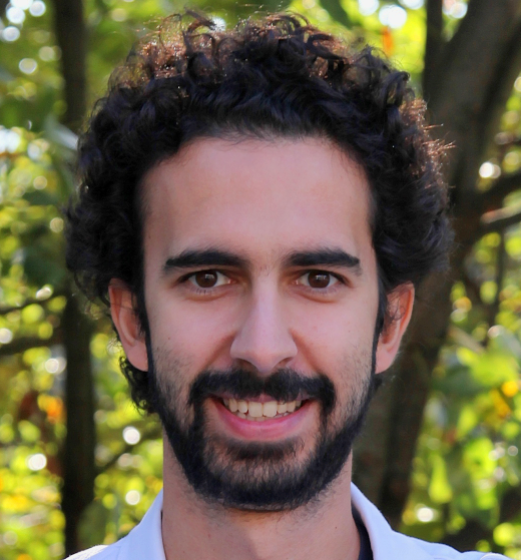
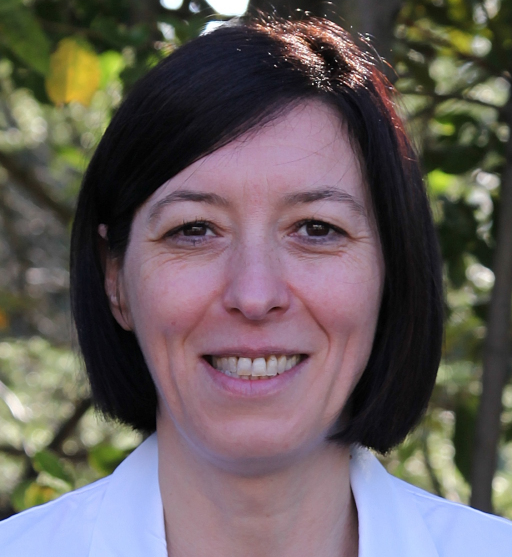
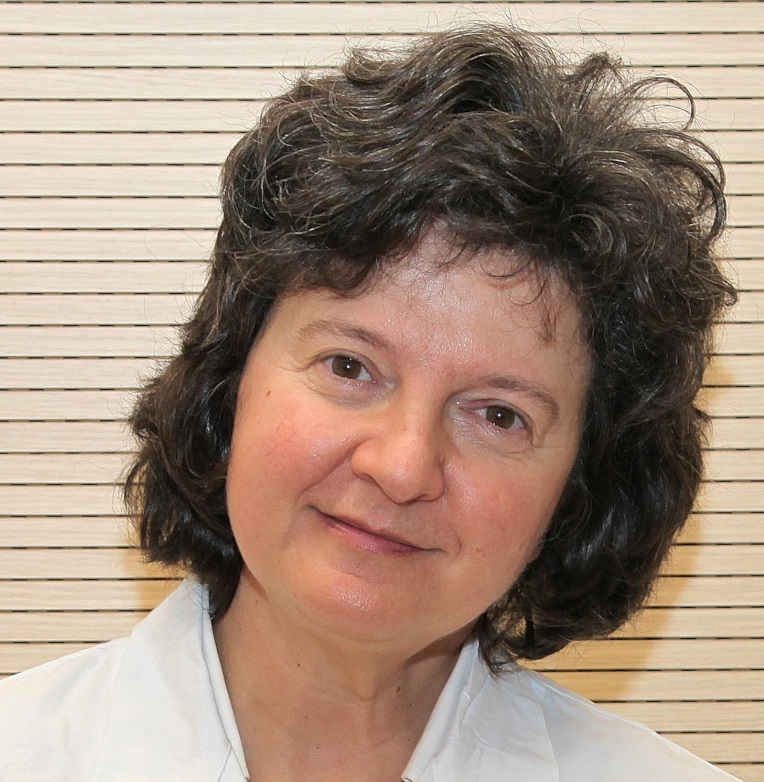
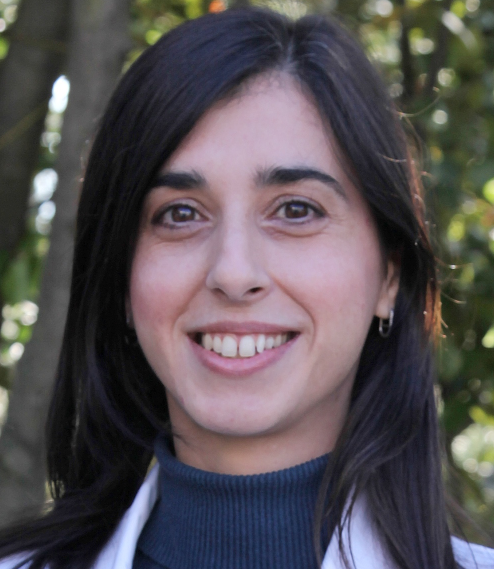
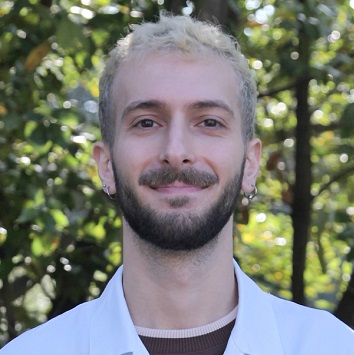
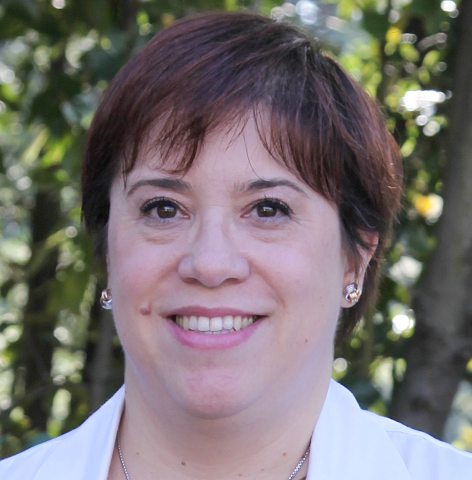
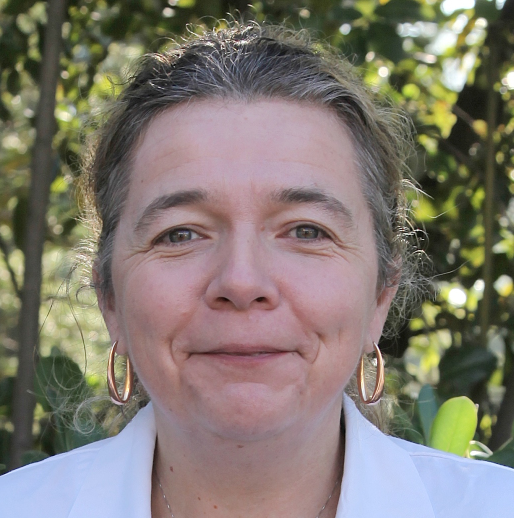
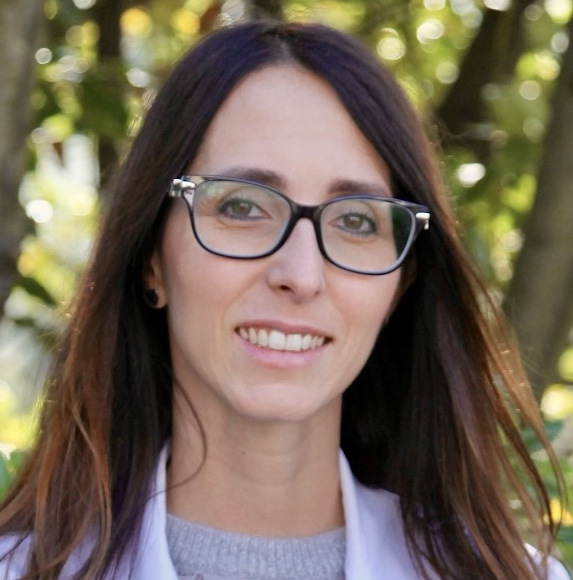
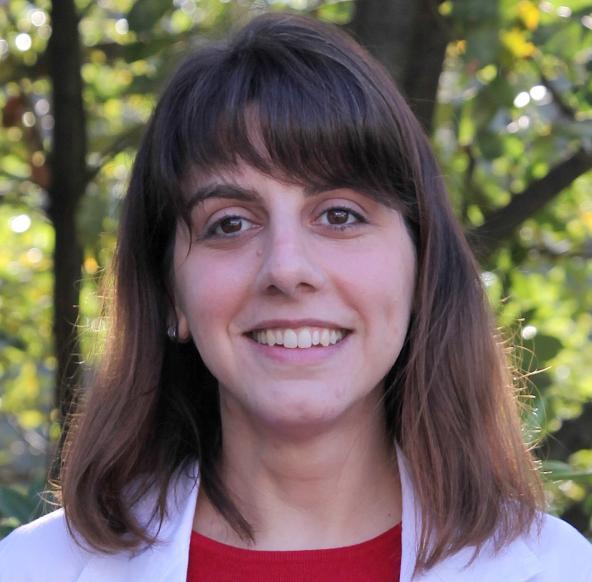
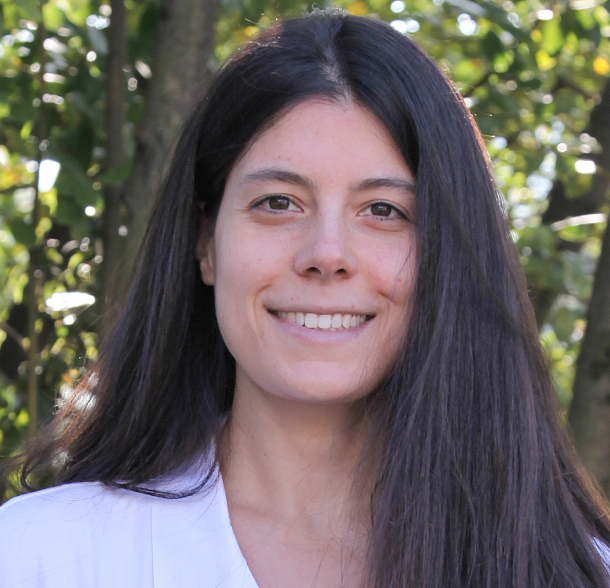
Contacts and Locations
Secretary's office
tel. +39-051-6366767
fax +39-051-6366761
Centro di Ricerca Codivilla-Putti
via di Barbiano, 1/10
40136 Bologna (Italy)
Study and Work with Us
The Laboratory of Experimental Oncology traditionally hosts internal students for a research period useful for carrying out:
• Master's Degree Thesis
• Doctorate
• Specialization schools.
In particular, to students of biological and biotechnological subjects, the Laboratory of Experimental Oncology offers a wide range of research topics for degree theses, also in combination with curricular internships, and doctoral studies.
Master's Thesis:
The nature of the thesis is experimental. Applicants are involved in ongoing research projects and are asked to develop a specific aspect of the research plan, under the supervision of one or more experienced researchers.
During the development of the thesis, students of biological and biotechnological subjects are given the possibility of a complete learning of cell biology techniques (preparation of primary cultures from human tumors, culture of cell lines, evaluation of the main parameters of tumor malignancy, application of cytotoxicity assays to evaluate drug sensitivity, nucleic acid transfection), molecular biology and biochemistry (next-generation sequencing techniques, PCR, Real Time PCR, digital PCR, Western blotting, immunoprecipitation, ChIP, ELISA) and some structural and morphological investigation methods (adherence and flow cytofluorometry, immunohistochemistry on tissue preparations).
Particular attention is also paid to the study of scientific literature, to the processing and presentation of the data obtained during laboratory practice and to the discussion of the data in the pertinent scientific context.
Due to the experimental nature of the proposed theses, candidates are required to attend one academic year.
Doctoral and Specialization Thesis:
The Rizzoli Institute, as a Research Institution, is not directly responsible for a single PhD programme. The Director of the laboratory, as a contract professor at the Alma Mater Studiorum - University of Bologna, is an external member of the board of the PhD in Oncology, Hematology and Pathology. Furthermore, research collaborations with various academic environments make it possible to carry out part or all of the doctorate at the Laboratory of Experimental Oncology.
For further information, contact the laboratory manager directly at the following e-mail address: katia.scotlandi@ior.it.
Study and work environment:
The Experimental Oncology Laboratory is divided into two areas and has modern laboratories for molecular and cellular biology analyses. The staff, consisting of about twenty people, includes both expert researchers and junior researchers and students.
Particular attention is paid to the professional and human growth of the students who attend it. Approximately 70% of the undergraduates who completed their thesis in our laboratory were co-authors of articles published in international journals documenting their work. Furthermore, students form the main source of researchers who are recruited for the lab.
Over the years, the Experimental Oncology laboratory has also hosted several foreign students from Europe but also from Asia and the United States. We like to think that the presence of foreign students contributes to the internationality of our laboratory and enriches all the components with different visions and diversified experiences. English is spoken fluently by all the laboratory staff and experience tells us that visitors have found a stimulating environment from a scientific point of view and welcoming from a human point of view.
Research Projects
Some of the laboratory's research projects.
Research project about Ewing's sarcoma, one of the most common primary bone tumors and mainly affects children and young adults.
The project aims are evaluate the sensitivity and different inhibitors of the PARP molecule in a comparative way and study the mechanisms of resistance, as well as to identify possible markers predictive of the response pharmacological.
The general objective of the VAGABOND project is to create a multidisciplinary and multisectoral program aimed at extending the technical-scientific knowledge of young researchers with the final aim of developing an efficient approach for the validation of new combinations of t
ITCC-P4 is a European project created to accelerate pediatric cancer research, under the IMI-2 work programme.
The SELNET project aims to create a European and Latin American multidisciplinary network of clinical specialists and expert researchers in the field of sarcomas to refine the diagnosis and improve the conduct of clinical trials with the ultimate aim of increasing the survival
START is based on an Italian patent that concerns the therapeutic use of CD99-null extracellular vesicles and their pharmaceutical composition.

